In February, the Italian prime minister announced an €8bn energy package to shield individual, industrial, and public sector energy consumers from rising electricity and gas bills that threaten to undermine post-pandemic economic recovery.
With nearly three-quarters of all energy needs in Italy being met by imports, the country faces significant pressure from rising gas prices in European and global markets. Italian industries are expected to see more than a 360% increase in energy costs from €8bn in 2019 to €37bn in 2022.
Reducing Price Volatility
On 21st February, during the third capacity auction, Terna – an Italian transmission system operator, secured 41.5 GW capacity for delivery in 2024, including 34.1 GW from existing assets, 3.8 GW from new assets, and 3.6 GW from foreign assets via interconnectors. Out of 3.8 GW of capacity awarded to new assets, 1.1 GW has been assigned to battery-based energy storage, with 300 MW authorised to achieve a maximum tariff of €70k MW/Year.
Italy remains heavily dependent on the import of natural gas, despite having access to significant renewable resources – whether that is solar PV, wind or hydropower. With close to 50% of electricity generation being based on natural gas in 2020, global price spikes directly affect electricity prices in Italy. Battery-based energy storage provides a sustainable answer to soaring electricity prices in a gas-dependent country.
Deploying battery-based energy storage in the grid and alongside renewable generation supports Italy in achieving its decarbonisation targets – 30% of total energy consumption and 55% of electricity generation coming from renewable energy by 2030. Being able to deploy greater levels of renewable generation will reduce price volatility and create a more secure, greener energy system.
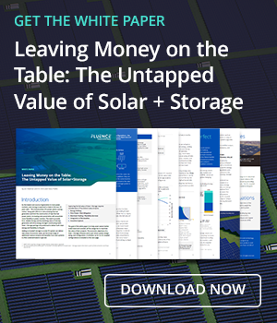
Enabling a Flexible and
Decarbonised Grid
Traditionally, periods of high energy consumption, typically occurring during morning and evening rush hours, heatwaves, and winter storms, have been met by increased generation from fossil fuel power plants. As Italy is advancing the decarbonisation of its power supply, decommissioning its coal fleet, and increasing the share of intermittent, non-synchronous renewables, battery-based energy storage is the most cost-effective and fast-to-deploy technology that provides additional capacity and flexibility to the grid.
Treating gas-based generation as a primary source of energy or as “green energy”[1] is short-sighted and does not support price stability or Net-Zero emissions agenda. Instead, energy storage is a cleaner, more cost effective and sustainable source of flexibility and additional capacity to meet the gap between the peak demand and renewable generation. This will aid long-term supply security and resiliency of the Italian electricity grid.
High clearing prices in the recent capacity auction, with 1.1 GW secured for battery-based energy storage technologies, contribute to a strong business case for deployments of new projects. The reliable and ultra-fast acting nature of lithium-ion batteries makes them perfectly positioned to participate in the capacity market and ancillary services such as the recent Fast Reserve auction, all while maximising the operational, financial, and environmental benefits of renewable assets.
Fluence in Italy
Fluence, a company founded by Siemens and AES Corporation, has been present in the Italian market since 2011. In November 2021, the company signed a contract with Enel X for the delivery of two systems using its Gridstack™ energy storage product to provide Fast Reserve grid services for Terna, the Italian Transmission System Operator in Northern Italy. The systems, totalling 40 MW, are part of the first Fast Reserve auction in Italy and build on the Fluence team’s experience in Italy, delivering a 1.4 MW/0.7 MWh battery energy storage system for Terna’s "Storage Lab" in Codrongianos, Sardinia, and a 12 MW/72 MWh system for Terna’s ‘Large Scale’ project in Ginestra.
Earlier this year, Fluence was named the top global and European provider of battery-based energy storage systems by IHS Markit in their 2021 Battery Energy Storage System Integrator Report. The ranking is based on market share of installed and planned projects, and Fluence leads the list with 18% of all announced front-of-the-meter and large-scale commercial and industrial cumulative battery energy storage system installations globally.
[1] On the 2nd of Feb, the European Commission decided that gas plants and nuclear generation can be classified as ‘green energy’ and ‘sustainable investment’.
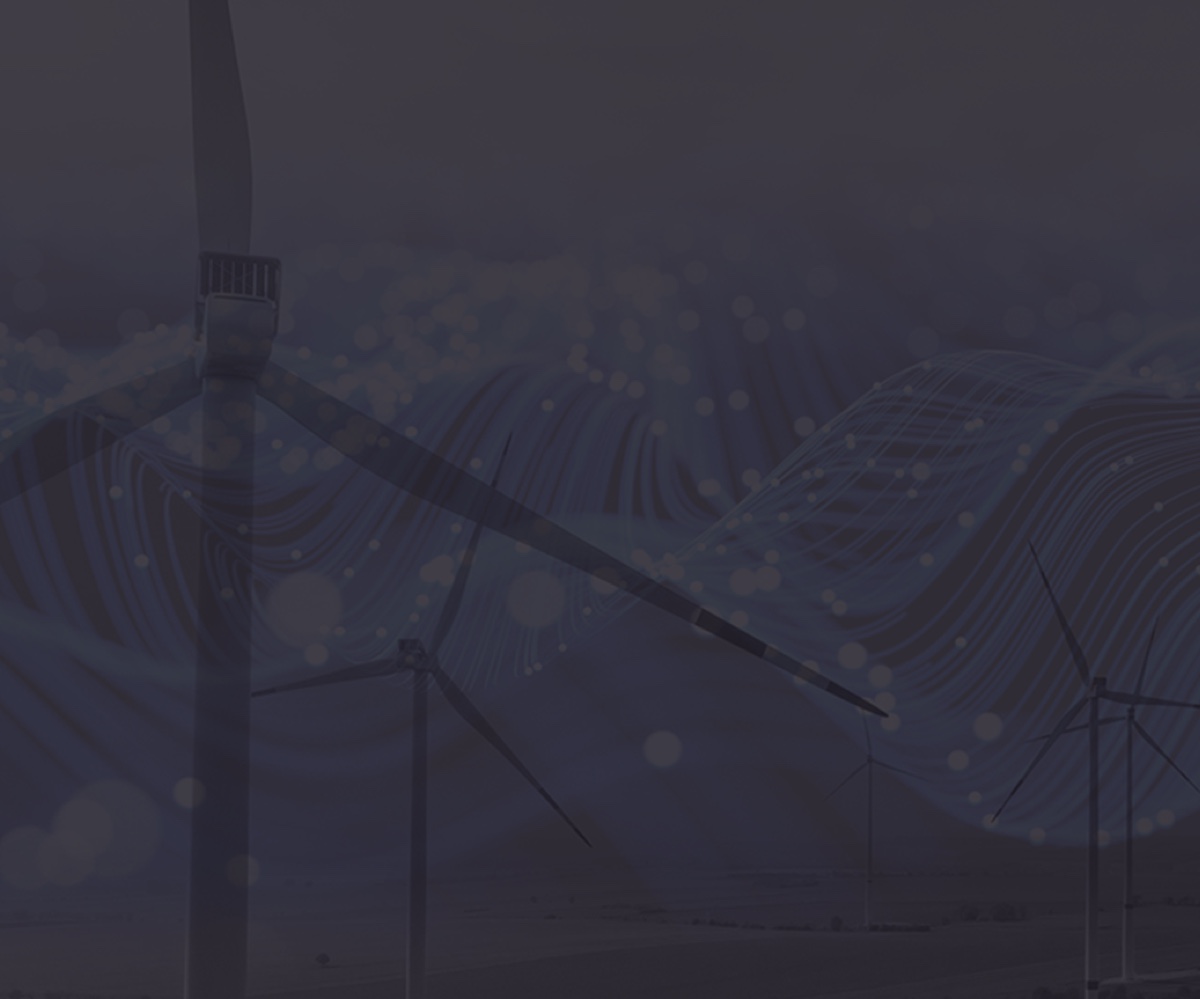
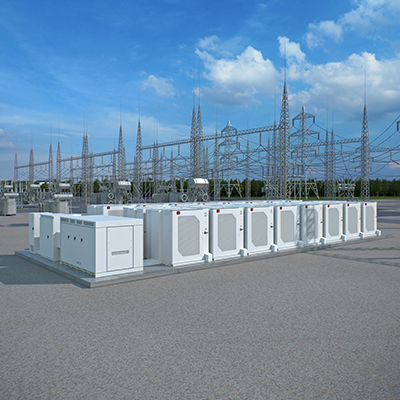
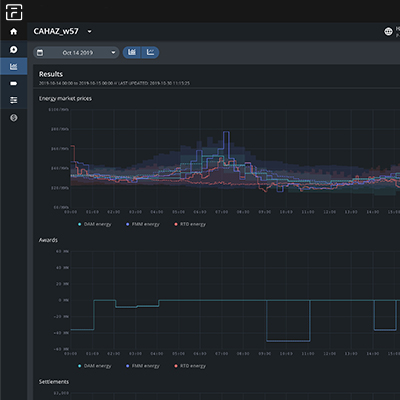
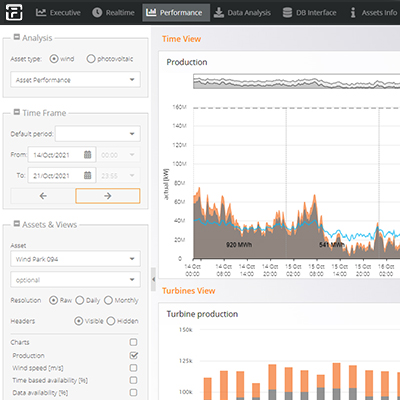
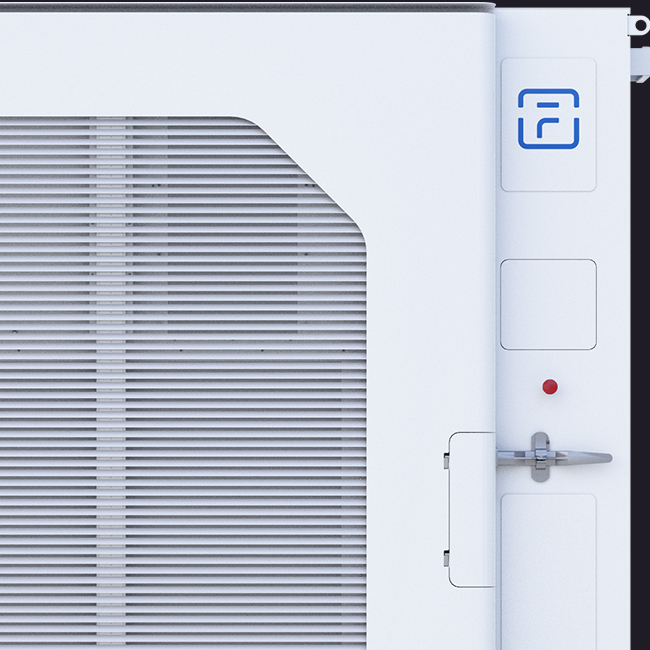
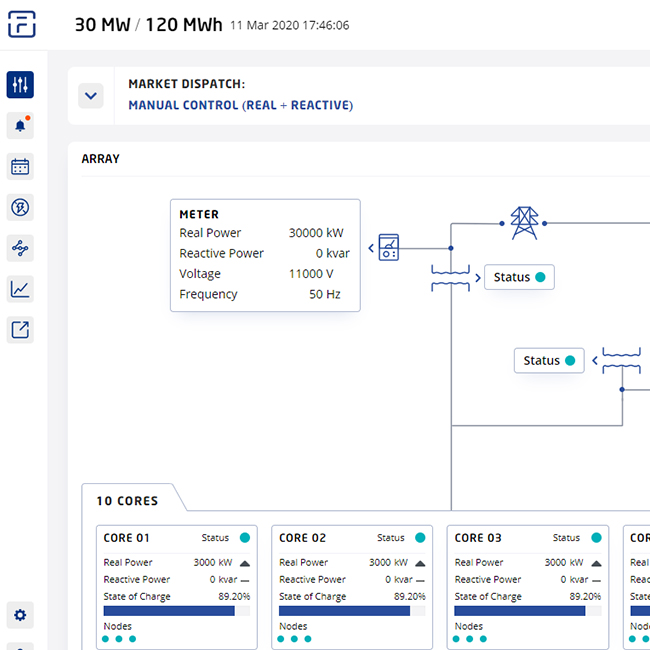
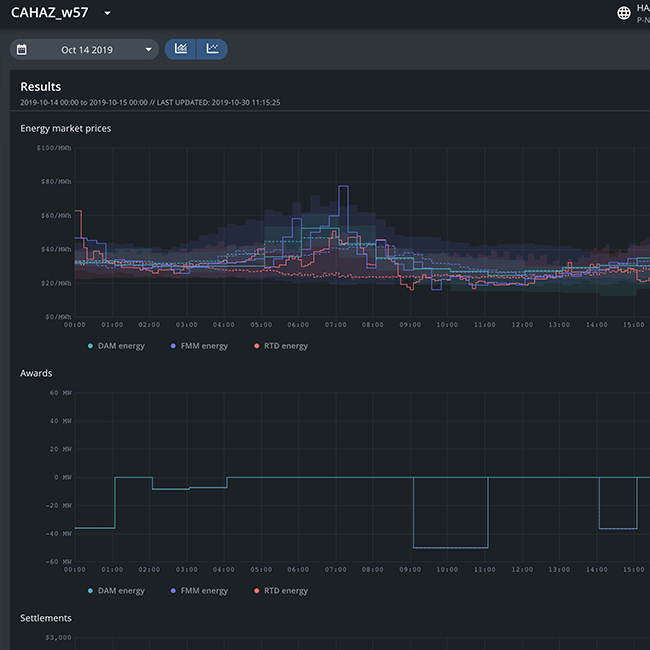
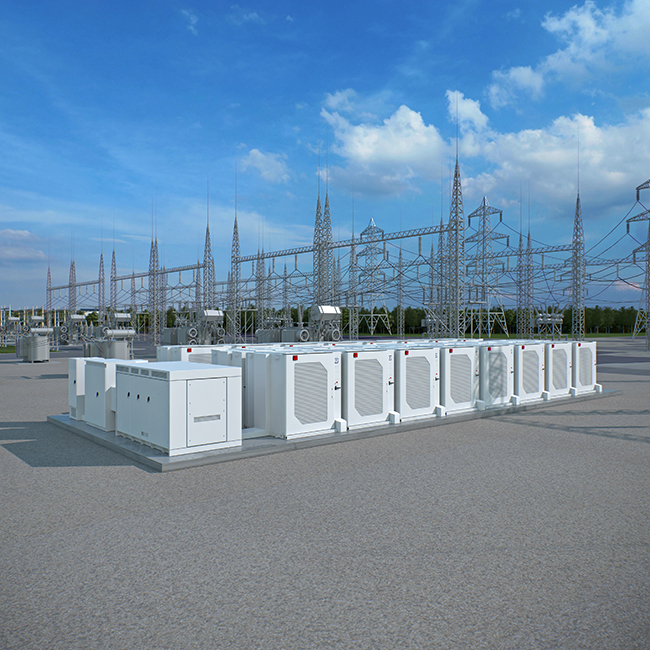
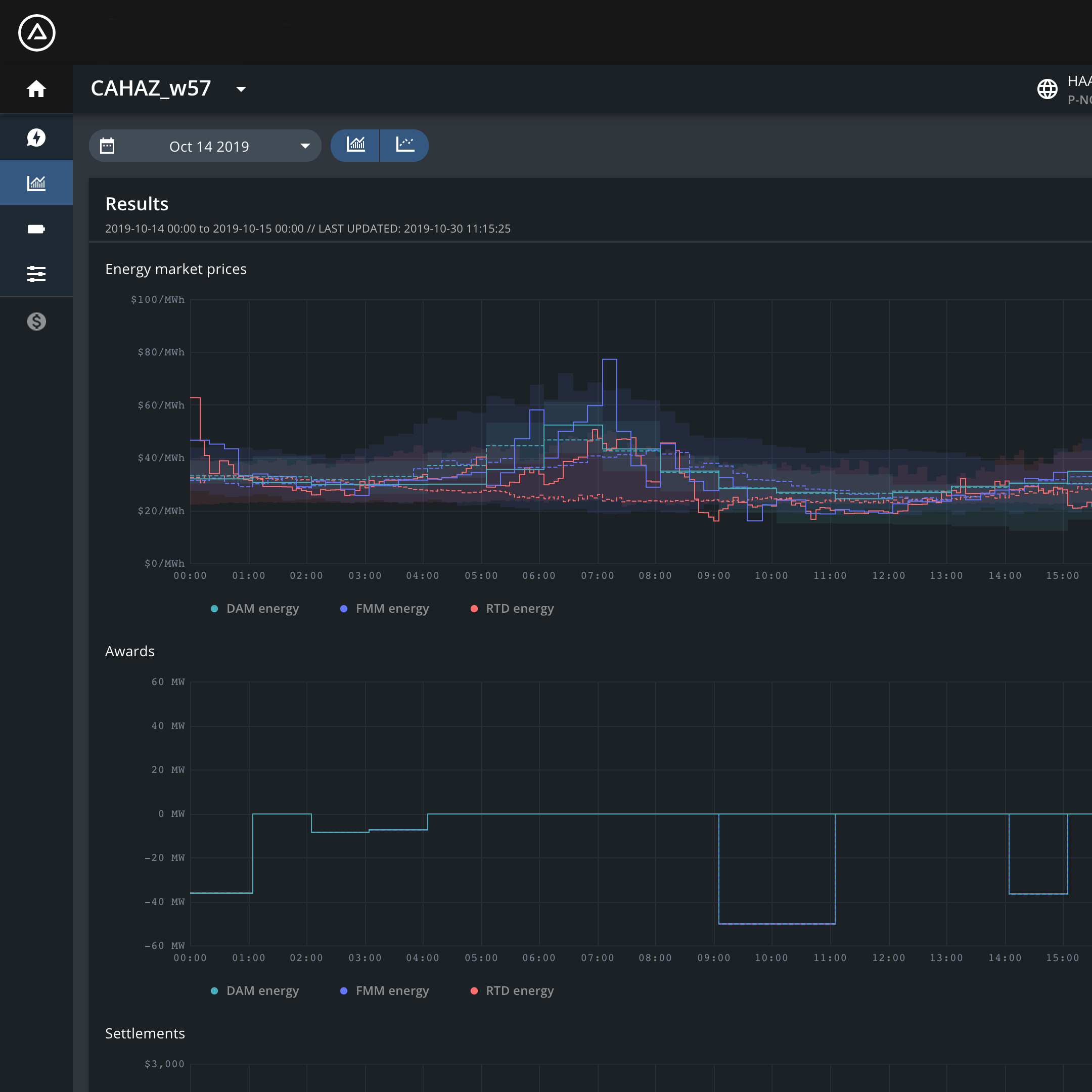
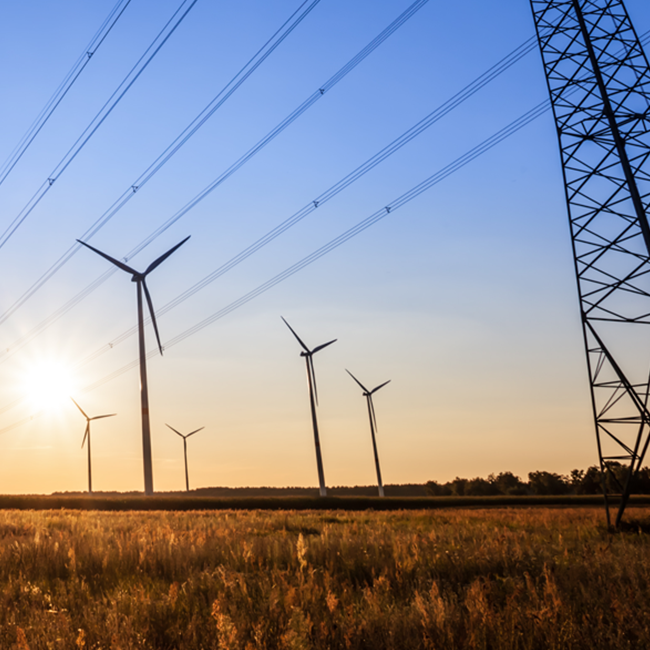
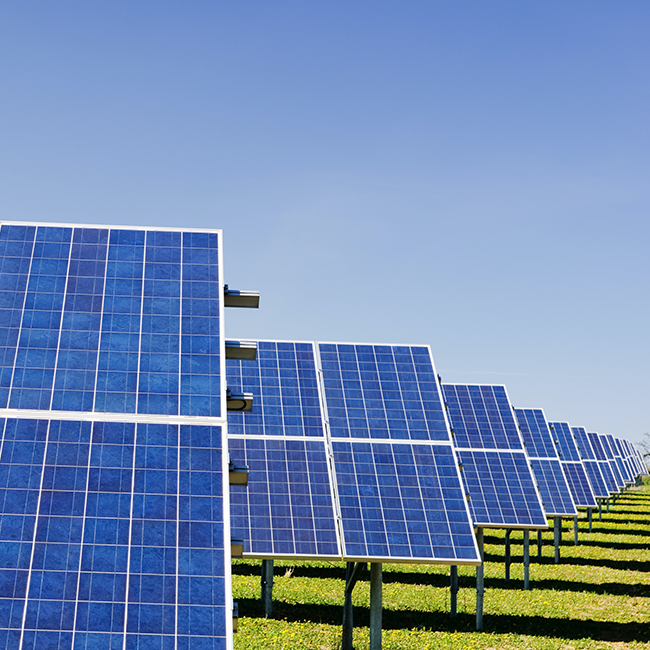


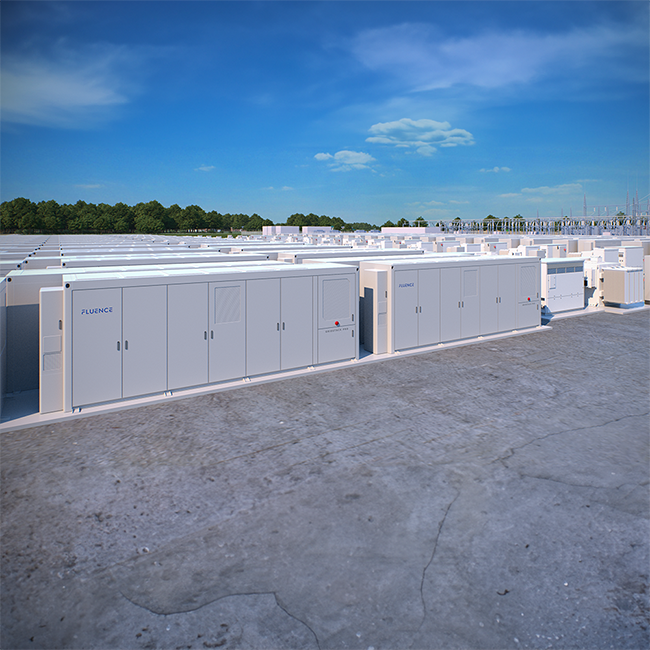
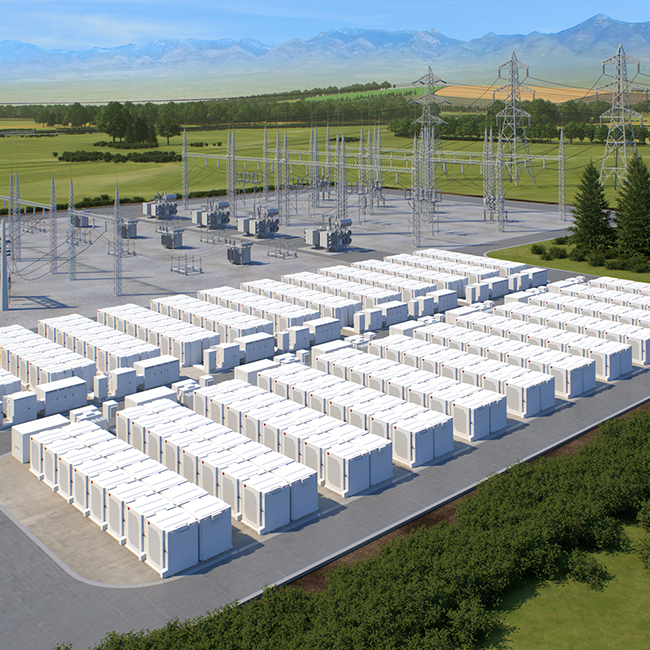
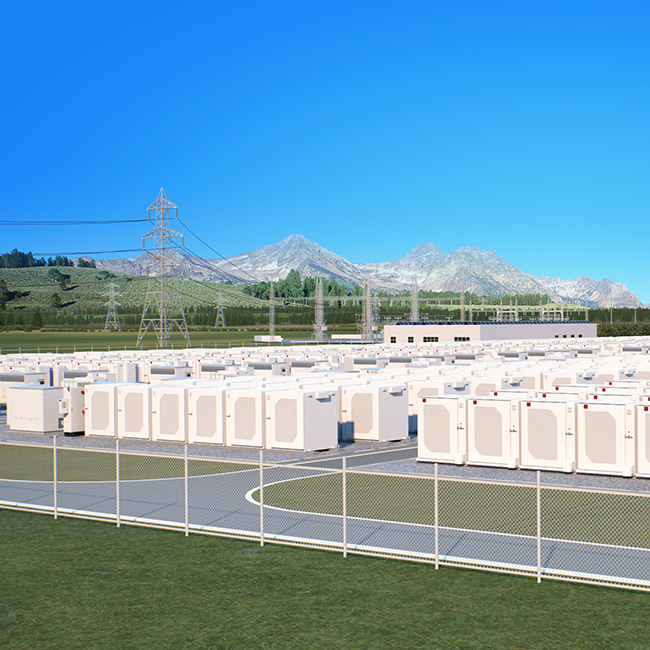
.jpg)